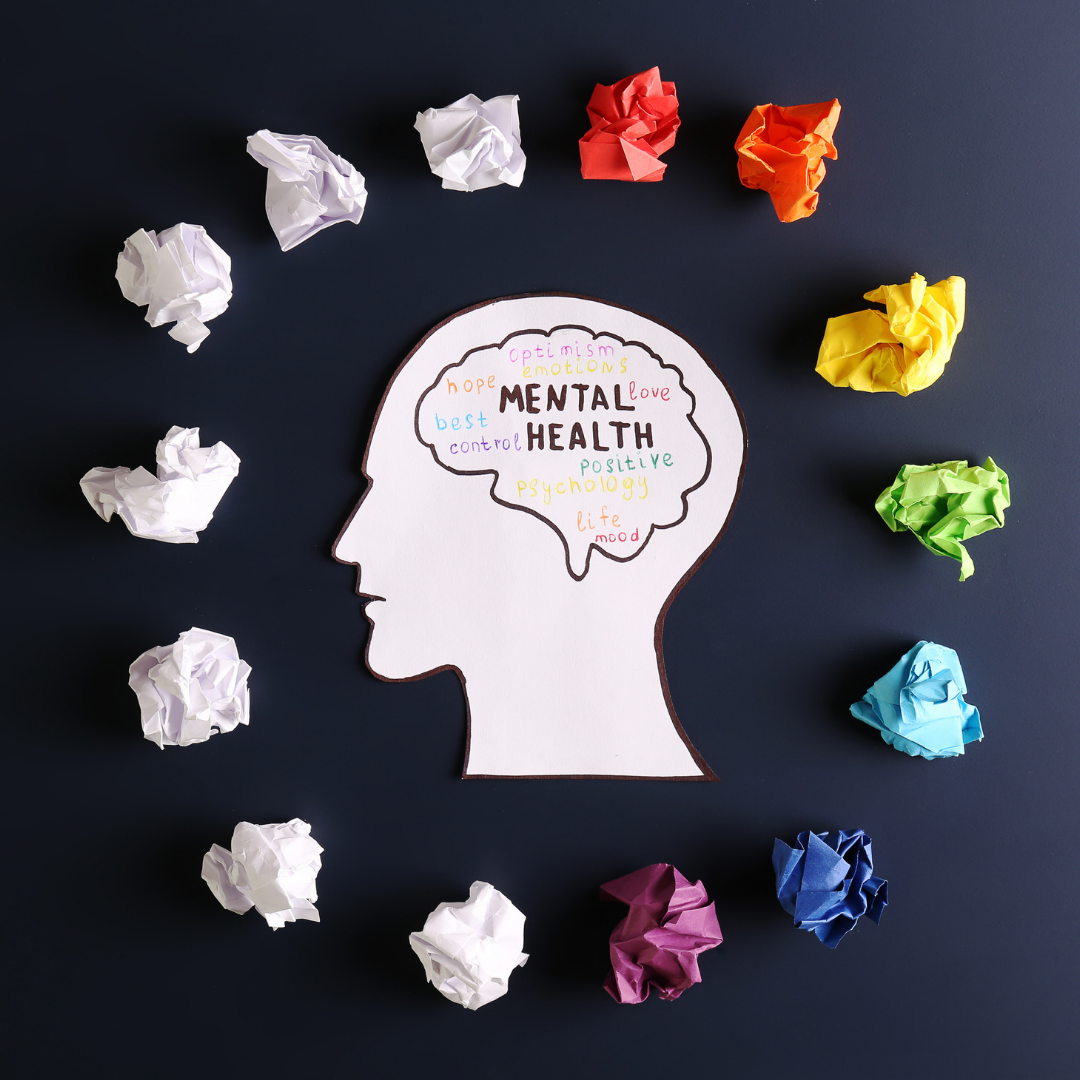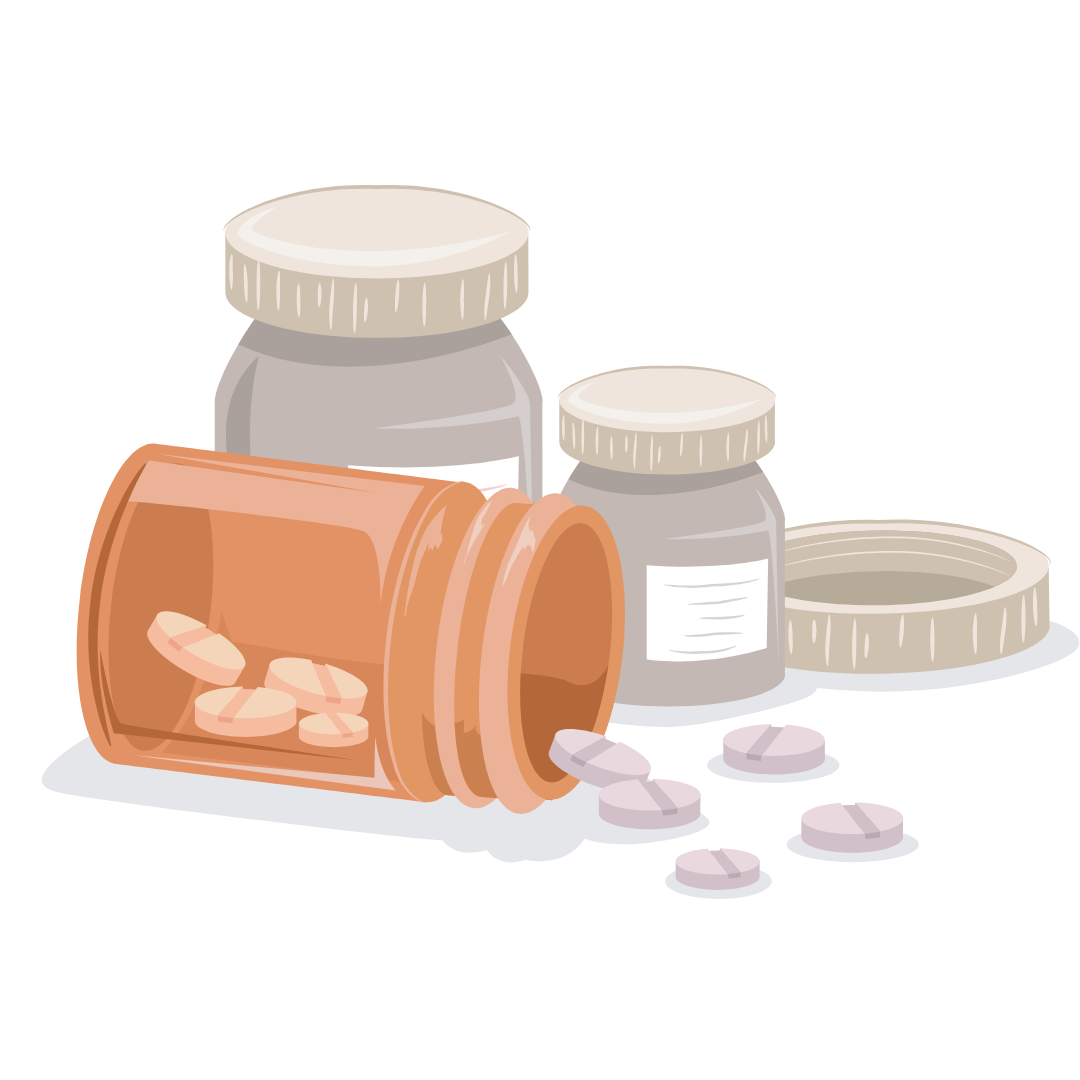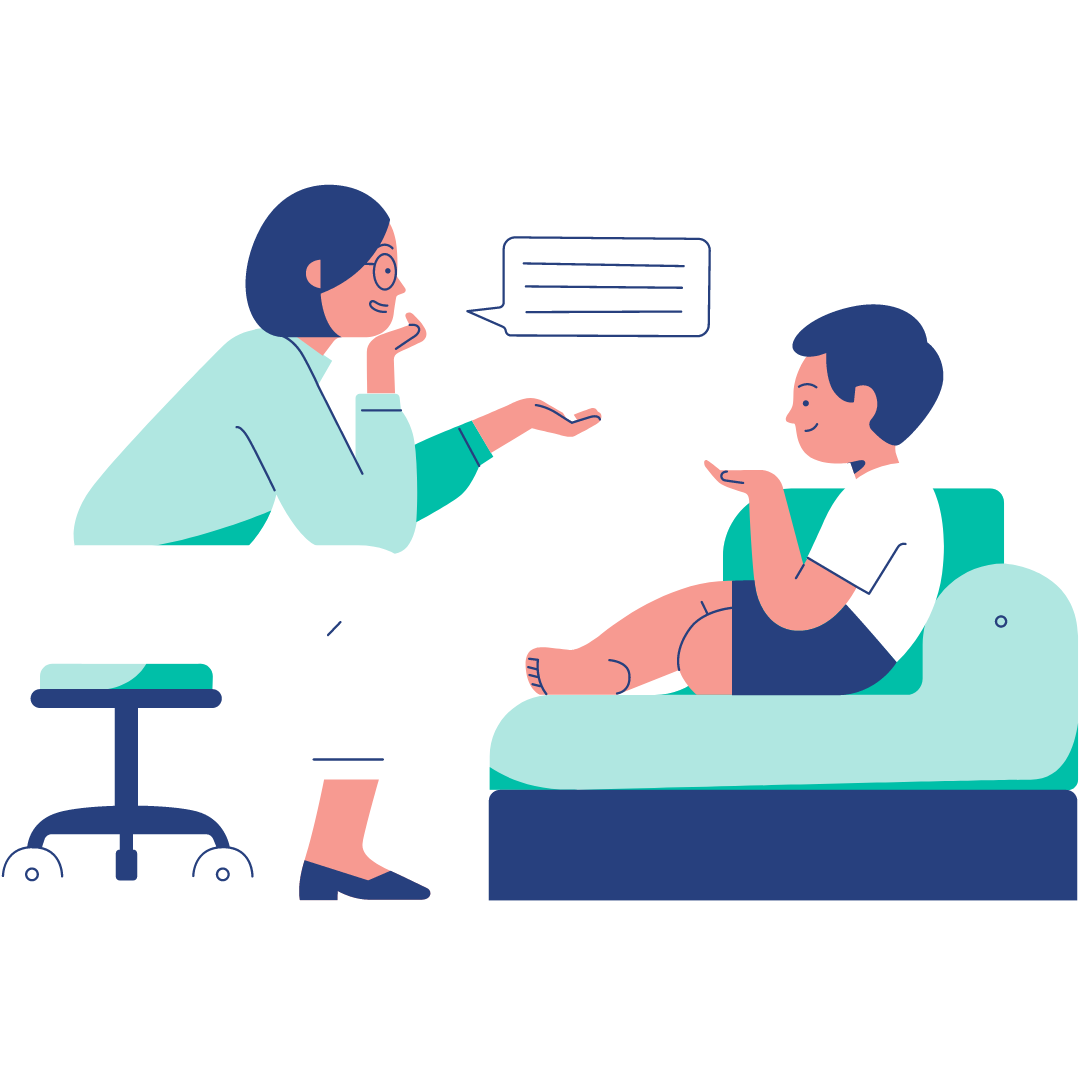Parental Mental Illness and Its Impact on Children

Every year, millions of Americans face mental health challenges. In any given year, one in five U.S. citizens will experience a mental illness, according to data compiled by the Center for Disease Control (CDC). An estimated 4% of Americans will experience a serious mental illness — including schizophrenia or major depression — in their lifetime.
When one family member is challenged by mental illness, it can affect the entire family. Untreated, mental illness can impact children — and other direct relatives — in a variety of ways. Parents facing mental illness without treatment could lose friendships, finances, even custody of a child.
Common Mental Health Disorders
Although having a mental illness isn't guaranteed to negatively affect the development of a child, certain behaviors or unhealthy coping mechanisms parents adopt can often increase the chances of adversity for their children.
It's best to keep this in mind as you learn more about some of the most common mental health disorders parents can face.
Anxiety
Anxiety is a mental disorder that affects an estimated 40 million adults in the United States. As the most common mental illness in the nation, anxiety is often characterized by feelings of fear or worry.
Many adults who struggle with anxiety report that the stress associated with anxiety is disproportionate to the causing event. In many cases, healthcare practitioners will prescribe medication to help patients deal with anxiety.
While anxiety isn't curable, effective therapy and treatment methods can typically keep anxiety from affecting your productivity or quality of life.
Bipolar Disorder
Each of the three types of bipolar disorder — Bipolar I Disorder, Bipolar II Disorder, and Cyclothymic Disorder — are characterized by shifts in mood, energy levels, and overall efficiency.
You can be diagnosed with bipolar disorder after experiencing an episode of mania or hypomania. During a manic period, you might experience a "high", during which you are prone to irrational or impulsive decisions.
Many individuals facing bipolar disorder benefit from a combination of psychotherapy and medication, layering holistic therapy with proven mood stabilizers.
Depression
Also known as major depressive disorder, depression negatively affects how you might feel at any given time. Depression is a fairly common issue in American adults: Roughly 17.3 million individuals in the United States have experienced at least one major depressive episode.
Oftentimes, depression is accompanied by feelings of sadness, a decreased appetite, sleeping issues, irritability, difficulty thinking, and a general loss of energy.
Fortunately, depression is a treatable mental illness. For the one in 15 adults who experience depression, treatment is available in the form of medication, psychotherapy, and electroconvulsive therapy (ECT) where applicable.
Post-Traumatic Stress Disorder (PTSD)
While many individuals eventually learn to cope with the difficult events they face, some may develop post-traumatic stress disorder (PTSD). Symptoms of PTSD can range from intrusive thoughts; negative perceptions about oneself, the future, and hobbies; and experiencing intense anxiety from specific triggers.
PTSD affects each individual differently. Some may benefit from talk therapy or group therapy, where you can share your experiences in a confidential, communal setting. In certain cases, you might also receive medication to help control the symptoms you face.
Schizophrenia
Individuals struggling with schizophrenia experience a breakdown between reality and the way they experience the world. Often, schizophrenia might cause hallucinations, delusions, or other disordered thought patterns.
Though less than 1% of the American population suffers from schizophrenia, the illness typically requires lifelong treatment. Depending on the severity of symptoms, many adults faced with schizophrenia benefit from rehabilitation.
These programs can help reteach basic life skills and help many individuals manage finances, develop relationships, and hold a job. Medication can help limit symptoms, though there is no known cure for schizophrenia.
Substance Use Disorders

Substance use disorders affect brain functionality, impairing an individual's ability to control their use of drugs, alcohol, and other destructive substances. Mild forms of substance use disorder may only affect your actions occasionally.
In severe cases of a substance use disorder, you may have an inability to control your intake of a specific or multiple substances.
While divorcing someone addicted to alcohol or drugs, is never easy, it's sometimes a necessity.
At least until your spouse learns to manage a substance use disorder, divorce can help protect children and expedite the healing process.
Personality Disorders
A personality disorder can include any of the ten behavioral patterns that deviate from common expectations. No matter the type, all personality disorders include disordered thinking. Personality disorders can heavily influence the way someone perceives themselves and others and often dictates how they respond to others' behaviors.
For example, someone suffering from a narcissistic personality disorder can be difficult to negotiate with, though it is possible under some circumstances. In other cases, divorcing an individual facing narcissistic personality disorder may be the quickest way to preserve personal health and begin the healing process.
While there are no medications used specifically to treat personality disorders, some mood stabilizers and antidepressants can help alleviate common symptoms. Many individuals suffering from personality disorders will trust a psychiatrist to continually assess their needs, update medication dosages, and monitor treatment.
The Impact of Untreated Mental Illness on Children
An untreated mental illness in parents can affect children in a variety of ways. Children may experience behavioral or mental health issues, social problems, even a predisposition toward addiction:
- Poor mood regulation — Children with inefficient mood regulation might inappropriately to daily experiences, overreacting or underreacting to certain events.
- Excessive responsibility — Some children must adopt excessive responsibility from a young age, as a direct result of a parent's inability to properly care for them.
- Poor academic performance — Due to the unstable home environment an untreated mental illness can create, some children underperform academically.
- Social isolation — Children who experience social isolation lack strong social connections with friends and family members. This lack of strong relationships can lead to feelings of loneliness or exile.
- Impaired social functioning — At times, children exposed to mental illness experience delayed, or impaired, social skills.
- Increased risk of substance use or other mental illnesses: Children exposed to an untreated parental mental illness are often predisposed to substance use issues or developing their own mental illness in the future.
When mental illness in parents is left untreated, children experience these and other negative consequences as a result.
When Are Children Most Vulnerable?
Children under the age of three are the most vulnerable to adversity, issues that can include family poverty, trauma, and parental mental illness. Childhood is arguably the most formative period of life when young children depend on their parents to satisfy their basic needs.
Though children are most vulnerable from ages one to three, older children aren't unaffected by adversity. Items like family instability, physical or emotional abuse and the stress of a single-parent household can all impact children of various ages.
How Parents Can Heal and Help Their Children
To help children, parents must first learn to cope with their mental illness. This isn't typically an easy process; managing a mental illness is a process that often requires time, energy, therapy, and sacrifice from other family members. Still, parents who learn to heal can help appropriately nurture children as they grow.
Start an Honest Conversation

Discuss your mental illness in a safe, non-judgmental setting, and speak openly about the ways mental illness might be affecting your attitude, self-confidence, and ability to care for children.
Consult a Mental Health Professional
If you find you cannot consistently manage mental health, or if symptoms prevent you from fulfilling basic duties as a parent, it might be time to consider outside help. Consult the opinion of a healthcare professional you trust, who can help you identify the level of care appropriate for your situation.
Seek Legal Aid
If your spouse continues to forego treatment, you may need to seek alternative options to keep children safe. This lack of respect might be one of several signs that you're ready for divorce. Depending on your child's age, you may want to involve them in your decision to separate yourself from your spouse. Your child's living preferences can seriously impact custody results, so it's important to provide age-appropriate updates on your spouse's health and mental wellness.